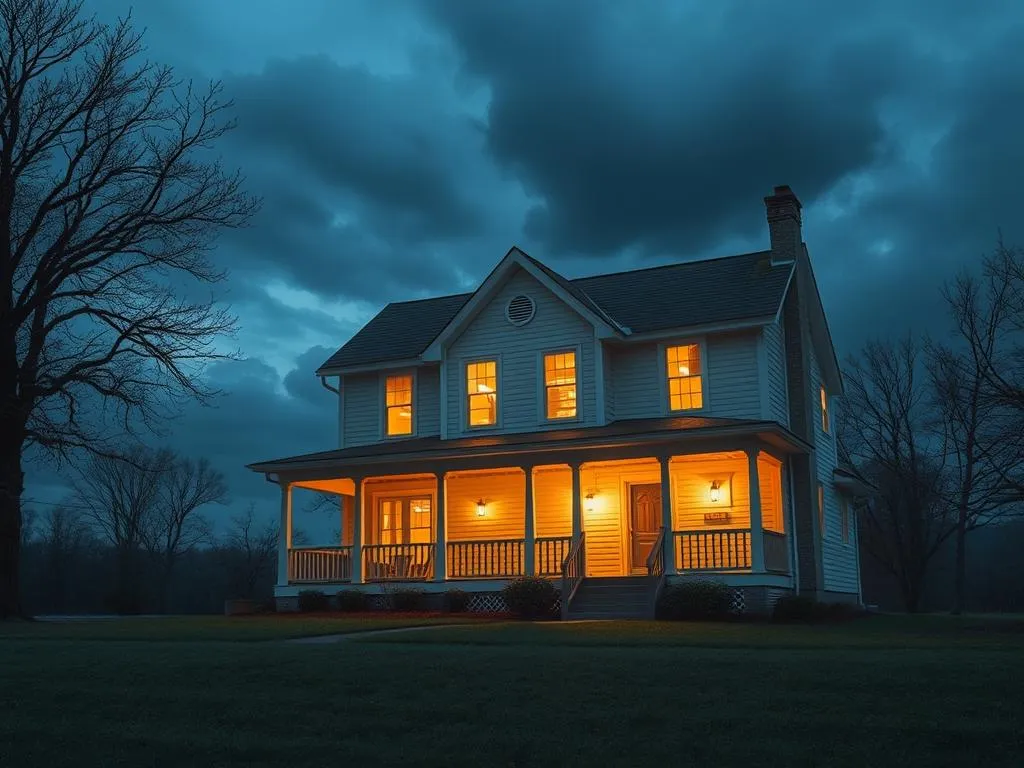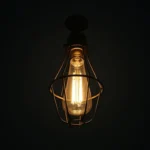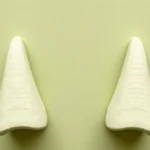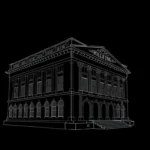Dream About Dreaming of a House You Used to Live In: Exploring the Interpretation Context

Dreams have always held a mysterious allure, often reflecting our deepest thoughts, feelings, and experiences. One recurring theme that many people encounter is the dream about a house they used to live in. This type of dream can stir up a whirlwind of emotions and thoughts, leaving you to wonder what it might mean. Understanding the significance of these dreams can provide valuable insight into your current life circumstances, emotional state, and even unresolved issues from your past.
In this blog post, we will explore the various interpretations of dreaming about a house you used to live in. We will delve into the symbolism behind these dreams, the emotions they evoke, and how they connect to your waking life. Whether you are curious about your own dreams or want to help a friend interpret theirs, this guide will provide you with the tools you need to understand this fascinating aspect of dream psychology.
The Symbolism of Houses in Dreams
1. Houses as Representations of Self
When you dream about a house you used to live in, it often symbolizes aspects of your identity. Houses in dreams can represent different facets of who you are, your memories, and your experiences. The specific house you dream of might suggest particular periods in your life or emotional states tied to that time.
For instance, if the house evokes feelings of comfort and safety, it might mean that you are longing for a sense of security in your current life. On the other hand, if the dream brings up feelings of discomfort or nostalgia, it could suggest unresolved issues or a desire to revisit past experiences.
2. Nostalgia and Memory
Dreaming of a house you used to live in often indicates a sense of nostalgia. This might mean that you are reflecting on past experiences, relationships, or formative moments in your life. It could suggest that you are in a transitional phase or feeling disconnected from your roots.
Nostalgia can serve as a reminder of who you are and how far you have come. It might mean you are seeking the comfort and familiarity of your past, especially during stressful or uncertain times.
3. Unresolved Issues
Dreams about former homes might also indicate unresolved issues or emotions. If there are aspects of your past that you haven’t fully processed, your subconscious might be prompting you to address them. This could involve feelings of regret, loss, or even joy associated with that period in your life.
For example, if you had a tumultuous childhood in that house, dreaming about it might mean that you need to confront those feelings to move forward. Understanding these emotions can be a crucial step in achieving personal growth and healing.
4. Life Transitions
Dreaming of a house you used to live in may also reflect life transitions. As we move through various stages of life—such as changing jobs, relationships, or even locations—our dreams often mirror these changes.
If you are experiencing major shifts or uncertainties in your life, revisiting a past home in your dreams could suggest a longing for stability or a desire to reconnect with your past self. It might mean that you are searching for a place of comfort as you navigate new challenges.
Emotional Context of the Dream
5. Feelings Associated with the Dream
The emotions you feel during the dream can provide critical insight into its meaning. For example, if you feel happy and content in the dream, it might suggest that you are at peace with your past and ready to embrace your present. Conversely, if you feel anxious or sad, it could indicate unresolved feelings or a sense of loss that needs to be addressed.
6. Physical Environment in the Dream
The condition and atmosphere of the house in your dream also play a role in its interpretation. A well-maintained, inviting house might represent fond memories and a positive outlook on your past. In contrast, a dilapidated or eerie house might signify unresolved issues or negative experiences that still affect you.
Practical Steps to Interpret Your Dream
7. Reflect on Your Current Life Situation
When trying to interpret a dream about a house you used to live in, it’s essential to reflect on your current life situation. Ask yourself questions like:
– What significant changes are happening in my life right now?
– How do I feel about my past?
– Are there unresolved issues I need to confront?
These reflections can provide context and help you understand what the dream might mean for you.
8. Journal Your Dreams
Keeping a dream journal can be a helpful tool for tracking your dreams over time. Write down your dreams as soon as you wake up, noting any feelings, symbols, or events that stood out to you. Over time, patterns may emerge, providing deeper insights into your subconscious thoughts and emotions.
9. Seek Professional Guidance
If you find that your dreams about a house you used to live in are causing distress or confusion, consider seeking professional guidance. A therapist or dream analyst can help you explore the emotional and psychological aspects of your dreams, providing tailored insights based on your experiences.
Conclusion: Key Takeaways
Dreaming about a house you used to live in can be a powerful experience, often rich with meaning and symbolism. It might mean that you are reflecting on your past, confronting unresolved issues, or navigating life transitions. By understanding the emotional context of the dream and its connections to your current life, you can gain valuable insights into your personal growth and development.
Remember, dreams are unique to each individual, and their meanings can vary based on personal experiences. By engaging with your dreams, whether through journaling, reflection, or professional guidance, you can unlock the wisdom contained within your subconscious mind.
So, the next time you find yourself dreaming of a house you used to live in, take a moment to reflect on what it might mean for you. It could be a journey into understanding your past and its impact on your present—and ultimately, a pathway to a more fulfilling future.







